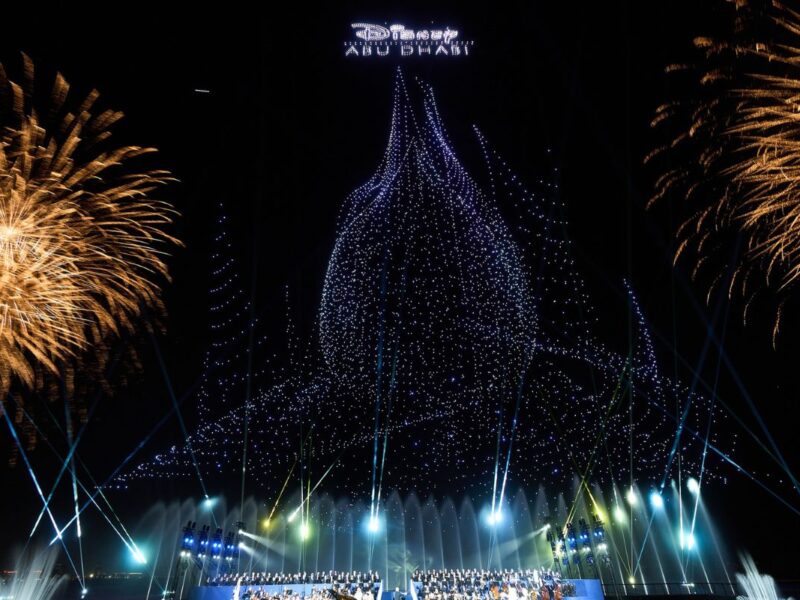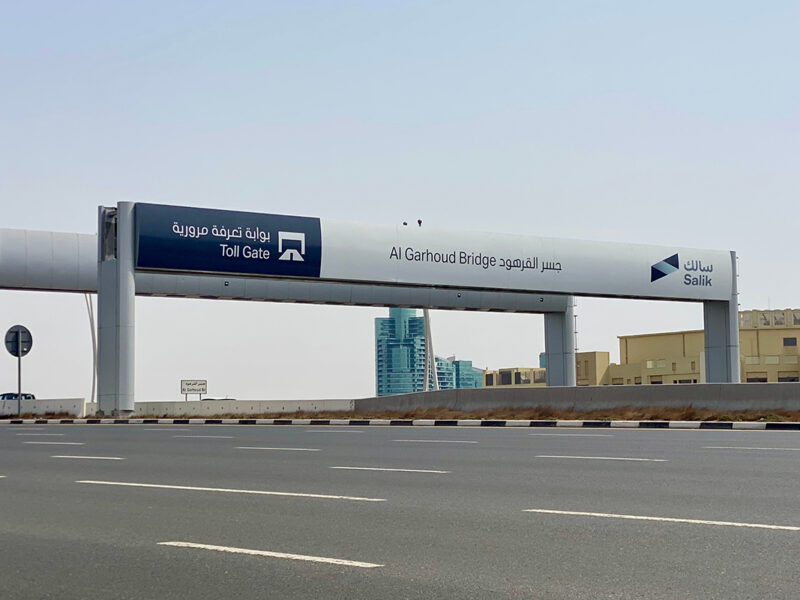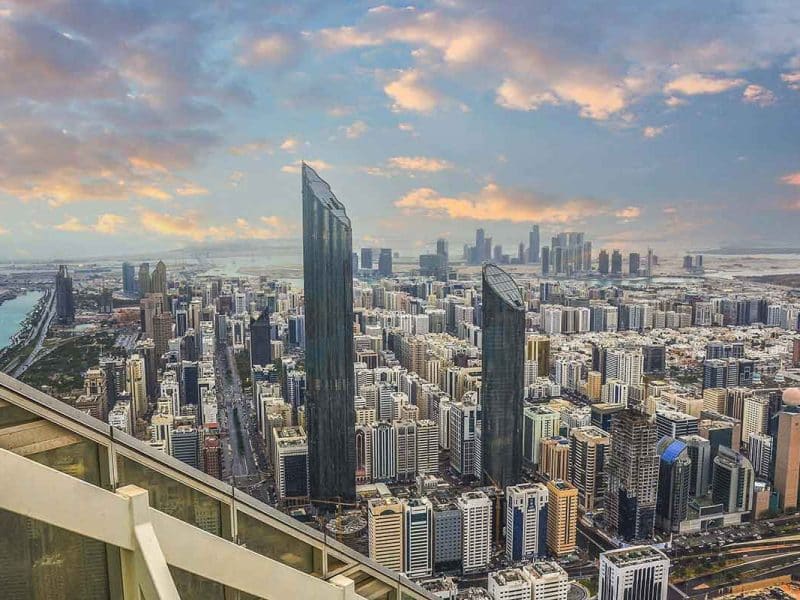Striking up a conversation with Mohammed Assaf is not as easy as one might assume. Sitting on a stool in a conference room at The Westin Dubai Mina Seyahi, the former Palestinian refugee-turned pop star is surrounded by an entourage of agents and public relations executives controlling his every move.
The 26-year-old singer’s story has become somewhat folklore in the Arab world since he made international headlines in 2013 as the first Palestinian in Gaza to perform in the Middle Eastern version of television’s singing competition Arab Idol. And then he won.
The momentous occasion struck a chord with Palestinians everywhere, and crowds flowed onto streets in the Gaza Strip on the final night in celebration of his victory and the hope it brought with it. They called him ‘Palestine’s Hero’, while Arab Idol judge Ragheb Alama took to calling him ‘Asaroukh’ (Arabic for ‘The Rocket’).
But dressed in a humble navy suit and casual sneakers during our interview, Assaf is as simple as he was the day before his worldwide stardom took the place of his underprivileged life in Gaza.
“I don’t see myself as a hero,” he says.
“Everyone knows the situation in the Occupied Territories. Life there is very tough because of the blockade. Hope was my main motivation. [Becoming famous] was a dream for me. If I got a pillow and slept and dreamt that I’m going to be famous, I wouldn’t be famous. But I believe that there are some things that God makes easier for us.”
Optimistic as his last statement may be, Assaf’s shot at stardom was hardly trouble-free. Unlike most of the contestants competing at Arab Idol, he required more than a plane ticket to get to neighbouring Egypt for the show’s auditions. To be exact, it took him a little over three days to catch up with his peers.
First, he travelled through Gaza’s risky underground smuggling tunnels to reach the Egyptian border, where he snuck past border guards only to be held at the exit with false travel documents. Following hours of detention, he ultimately managed to convince a spiritual official to let him pass through by singing empathetic verses from the Quran.

Assaf kisses Palestinian President Mahmoud Abbas in Ramallah on July 1, 2013.
Reaching the auditions in Cairo, he found the venue’s doors closed and the queue of contestants already inside. Desperate, he climbed a wall and entered the building through a window, while being chased by guards. But even when he managed to slip into the audition area, he was told tickets had run out.
Refusing to give up, Assaf performed in front of the waiting contestants in hope that one of them would take pity on him. In a gesture that became symbolic for its national spirit, Palestinian entrant Ramadan Abu Nahel heard Assaf’s voice and offered him his audition place. He was famously quoted as saying: “I know I won’t reach the finals, but you will.” Little did he know how understated his comment was.
Three years later, Assaf sits amidst media commotion in the five-star Dubai hotel unfazed by the attention surrounding him and seemingly oblivious to the fact that it is intended for him. He remembers what he calls “the best moment” of his life.
“Winning Arab Idol was the best moment of my life. I don’t think I will ever experience that feeling again. It took me by surprise; I didn’t expect to win at all,” he says.
Needless to say, the night of June 22, 2013 transformed Assaf’s future. Born in Misrata, Libya, Assaf was four years old when his family returned to the war-torn Gaza Strip. They lived in Khan Younis refugee camp amidst ongoing conflict with Israel, which had cost thousands of Palestinian lives.
Between 2008 and 2014, unemployment in Gaza shot up to 44 percent and cost the area over $200m in economic losses, according to figures by the United Nations (UN) and the International Monetary Fund (IMF).
A similar scenario was playing out across the Palestinian territories, including West Bank and East Jerusalem, where conflict had crippled their economies and killed or injured tens of thousands. So for Palestinians across the region, Assaf’s victory meant much more than a one man’s dream.

Assaf’s triumph at Arab Idol was boosted by the massive support from Palestinians all over the world.
“A revolution is not just one carrying a rifle. A revolution is the paintbrush of an artist, the scalpel of a surgeon, the axe of the farmer. Everyone struggles for their cause in the way they see fit. I struggle for Palestine, in the way that I see fit. Through the art I perform and the message I send, I consider myself struggling. For Palestine,” the young singer said on the night of his win.
Three years later, Assaf’s spirits remain the same.
“I wanted to show the world that Palestine and the Palestinians had more to give. Now I want to stay true to my roots as a Palestinian. I want to be [their] voice. I want to [send a] message to my people to support and encourage our youth through education and prepare them to be leaders. We all need to work towards our common dream, a dream to have our own country one day,” he says.
In an effort to spur hope of having an independent Palestinian nation, Assaf, who is now based between Dubai and Ramallah, has been appointed as the first ever Regional Youth Ambassador to the United Nations Relief and Works Agency for Palestine Refugees (UNRWA) to help provide education to over 5 million registered Palestinian refugees.
“I love survivors and the unfortunate, because I’m one of them. I came from [among] them. I’m a refugee. I’m a Palestinian and a refugee. So I love to help [refugees]. I’m working with the UN to help refugees, women and children. Hopefully I will continue,” he says.
After winning Arab Idol, the singer’s first album ‘ASSAF’ claimed the number one spot on music charts in the UAE, Saudi Arabia and Jordan just three hours after its release. It sold over 100,000 copies and paved the way for tours across the Middle East, North and South America and Europe.
The Palestinian has even performed a sold-out concert at London’s prestigious Barbican Centre.
He is now working on his fourth album. Though he insists he “never really left” Palestine, he is now based in Dubai.
“Dubai is special. I’m not just complimenting it, it’s special because it embraced so many nationalities, no matter how different their traditions and religions, under one place,” he says.

Assaf was given an award by the UNRWA for his work on the plight of Palestinian refugees at the agency’s headquarters in Gaza City on June 26, 2013.
“Everyone who’s in Dubai feels a part of Dubai. It embraced all of us. We’re all working here, living here, we know the details of the streets here. I memorised every street here already; I know the country street by street. I’m proud to be here,” he says.
Life as a celebrity appears to be working out well for the once struggling Palestinian refugee, but the transition to fame was not as smooth as it may seem.
“I thought of giving up after winning Arab Idol; I wasn’t sure if I wanted to be a professional singer. It was very difficult for me to adapt to the stardom life at the beginning. It was never easy for me to get used to this life. I was overwhelmed by the sudden fame and attention. [But] you find people who stand beside you. People who always encourage you, give you motivation. If you believe in what you’re doing, you always look to be great at what you’re doing,” says Assaf, admitting that he still gets nervous before performing.
“If you ask the most important artists in the world, they’ll tell you they get nervous. Maybe they get even more scared and nervous than I do. But this fear is the fear of people. Imagine that you want to perform in front of a lot of people, how would you feel?”
Common people might never understand what it is like to perform to millions of strange spectators, but fans of Assaf could get a clue through the drama film The Idol by Hany Abu Assad, which portrays a fictionalised version of his life.
“When the director shared the script with me, I liked it. The film doesn’t only tell my story, it also projects the daily life of the Palestinian people. It portrays what is happening in the Occupied Territories through my journey. It is also an inspiration to people and the world, telling everyone that war should not stop anyone from going after their dream,” he says.
“If you run after your dream, you will reach it. If you believe in it, you will reach it.”
At this point in our conversation, Assaf’s agents are itching to wrap up our conversation and escort him away from the questioning media. The Palestinian remains seated on the stool while waiting for instructions on what to do next.
It is unlikely we will meet again in a less- supervised environment. But, a living example that decades of conflict and poverty cannot stand between a person and his dream, Assaf is ever the glint of hope for struggling Palestinians and war-torn refugees around the world.









